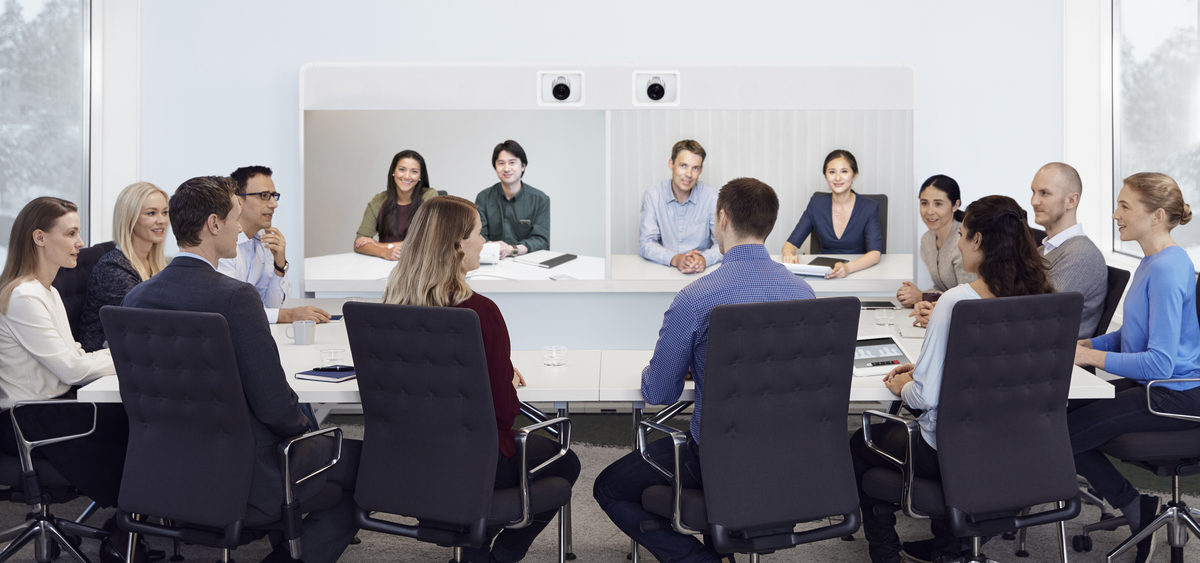Awful meetings don’t just suck the life out of us, they suck the life out of everyone involved and in some cases, organizations as a whole. I hear people complain all the time about “too many meetings”. It is amazing that what should be a source of energy and productivity is synonymous with misery. As Patrick Lencioni writes in his book Death by Meeting, “Bad meetings and what they indicate and provoke in an organization, generate real human suffering in the form of anger, lethargy, and cynicism. And while this certainly has a profound impact on organizational life, it also impacts people’s self-esteem, their families, and their outlook on life”.
I found myself in one of those meetings a couple of weeks ago, and one was enough for me. While seemingly basic, we at Fidelus have implemented a meeting directive that provides a consistent meeting structure across the organization, which is critical to both effectively prepare as an organizer and to consume information and contribute as an attendee.
For this directive, we created two categories of meetings:
I. Repeatable Process Meetings (e.g., Opportunity Planning meeting and Internal Project Kickoff meeting)
I. II. Non-Repeatable Meetings / Not Process Related
I. Repeatable Process Meetings
Following is a list of repeatable process meetings. These meetings will NOT be held without leveraging standard templates. If you are organizing the meeting or attending the meeting do not kick it off or attend without a completed template.
- Sales
- Call Planning
- Opportunity Planning
- Account Planning
- Quarterly Business Reviews
- Services
- Sales to Service Handover
- PS to MS Handover
- Clients Service Improvement Meeting (aka get-well meetings)
- PS/Client Project Close-Out
- MS New Client On-boarding
II. Non-Repeatable Meetings
These meetings require a common, standard agenda that is required unless this is a standing meeting that already has a unique agenda (i.e., Level 10 Meeting)
Feel free to comment on what works for you and your organization here.
